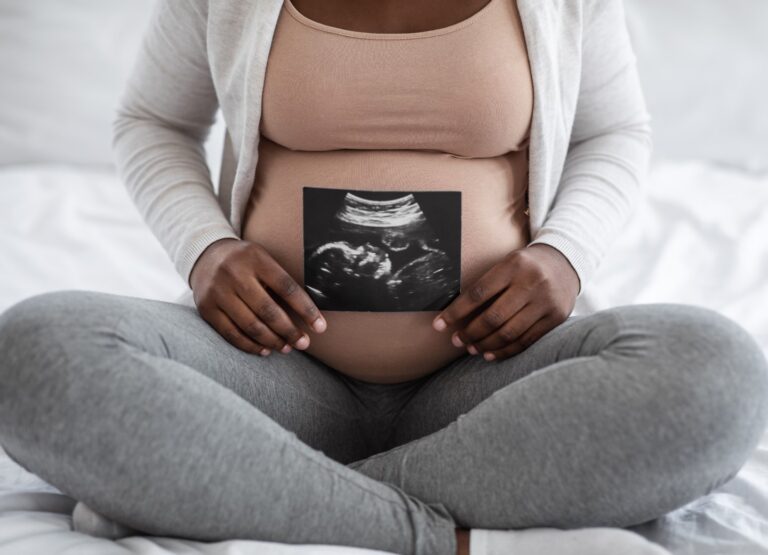
Why is maternity care in crisis?
The findings of yet another independent review into maternity care, this time at East Kent NHS Hospitals Trust are startling. The review reveals a “clear pattern” of “sub-obtimal” care and that tragically, up to 45 babies died needlessly. To add insult to injury, it found a culture of “covering up the scale and systemic nature” of its problems and, shockingly, a lack of compassion and kindness in the aftermath of avoidable injury and death..
This review comes in the wake of maternity scandals at NHS Trusts in Morecambe Bay, Shrewsbury and Telford and Nottingham. In September, the Care Quality Commission stated that two out of five maternity units were either inadequate or in need of improvement. The picture nationally is hugely concerning and shows a marked and worrying lack of progress in improving maternity standards.
After the Francis report into the widespread failings at the Mid Staffordshire NHS Trust back in 2013, many NHS Trusts promised to prioritise patient safety, embrace the values of transparency and accountability and learn from their mistakes, to ensure they were never again repeated. So why then is maternity care in crisis and how can the very serious problems uncovered by the review into East Kent Hospitals and also earlier reviews into Morecambe Bay, Shrewsbury and Telford and Nottingham be explained?
Certainly, in the context of previous failings, a lack of funding has been blamed for action to improve standards “falling off the agenda” in the realm of maternity care and for this ongoing crisis. There is also currently a shortfall of some two thousand midwives and five hundred obstetricians and gynaecologists in the NHS, with shortages across the entire maternity sector, including sonographers and neonatal staff. More midwives and obstetricians and gynaecologists are desperately needed to ensure safe and compassionate maternity care can be delivered, but the impact of Brexit and the pandemic has resulted in an unprecedented recruitment crisis in the NHS, with one in ten NHS posts remaining vacant. In the context of maternity care, understaffing contributes to difficult and highly stressful working conditions, causing staff to leave due to burn out and stress. These conditions are simply not conducive to attracting new talent, and so as people leave the sector, the conditions for those who remain get worse. It’s something of a vicious circle.
The startling lack of compassion reported in the Kent review cannot be excused and will be very hard to forgive, but it can perhaps be explained by the significant staff shortages afflicting many maternity units. When constantly stretched, stressed and exhausted, maternity staff may well not have the physical or emotional resources to offer kind and compassionate care and may become desensitised to devastating events, with staff struggling to perform to the required standards in terms of both compassion and safety. This is a terrible state of affairs as the very least a birthing mother should expect is kindness and compassion.
However, time and time again, one has to wonder whether the NHS Trusts concerned have truly embraced the principles and approach recommended in the Francis report. There has always been a deep-rooted fear associated with “whistleblowing”, namely speaking openly and honestly about concerns in patient care. This is largely because of the unacceptable way in which “whistleblowers” have historically been treated. In 1991, Graham Pink a nurse who worked on a geriatric ward at Stepping Hill Hospital in Stockport was sacked for highlighting concerns about understaffing which compromised patient safety. There have been others with similar tales to tell…
However, it is only by creating a safe space for people to speak up about their concerns and by properly listening to them that real improvements in health care can be made – but that requires a major cultural shift in the attitude towards “whistleblowing”. This shift is now urgently needed to empower healthcare workers to speak out without fear of recrimination about poor standards of care to Trusts who are ready and poised to listen and to take meaningful action to improve those standards. It is only by being open and honest about such problems at every level that they can be addressed and resolved and ultimately the standard of care improved. Patient safety – for both mothers and their babies – needs to be prioritised to effect long-lasting and meaningful change. How sad it is that things really do not seem to have moved forward a great deal in this regard. It is also incredibly worrying and damaging. The heart-breaking stories retold over the past week by the brave families who pushed for the Kent review demonstrate the devastating and life-changing impact exacted by poor maternity care – let’s hope their suffering will not be in vain.










